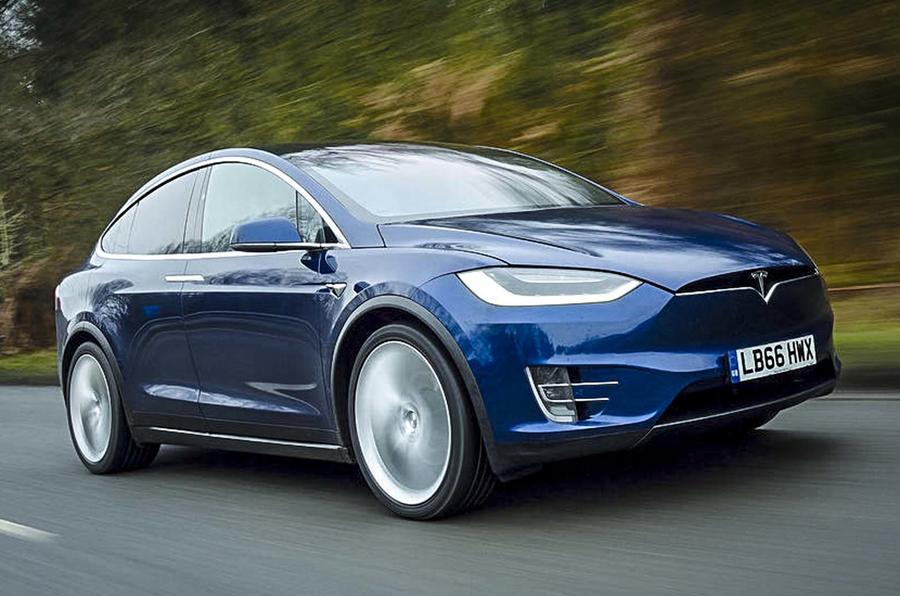The government is forecast to collect £28.3 billion in fuel duty this financial year, and yet those who drive pure-electric vehicles will contribute precisely zero to that figure. So what will happen when we’re all humming about in electric vehicles?
Such a future now looks inevitable, with impending bans on the sale of petrol and diesel vehicles, cities plotting access restrictions for non-electrified vehicles and the EU rapidly imposing reductions on the fleet-average CO2 figures of manufacturers for new cars sold.
All this means that by 2025 more than one in 10 car sales across Europe will be purely electric, analyst firm LMC believes, even if those sales in the UK are currently skewed more towards plug-in hybrids than pure EVs.
Top 10 best electric hatchbacks 2018
The think tank Policy Exchange estimated last year that the government could lose up to £170bn by 2030 by allowing electric cars to slip through the duty net. It stands by the figure today.
“If anything, the case for reform has accelerated because of the increased uptake of plug-ins,” said Josh Burke, a senior fellow at Policy Exchange’s environmental unit.
So what is the plan? And will those of us planning to hold on to petrol or diesel cars for as long as possible be affected? The government is laying very low on the subject. “It’s almost as if no one is addressing this issue,” said Edmund King, president of the AA. “We know that duty is going to disappear, but no one is facing up to it.”
A couple of pieces of evidence show the government is moving silently in the background. One was buried at the bottom of a web page run by government financial forecasters the Office for Budget Responsibility, which mentioned this year that it had agreed with the tax office to “investigate the potential impact of compositional changes in the vehicle stock and its implications for trends in fuel efficiency”. And the second from Burke, who told us that a Treasury official mentioned to him at a recent gathering that the government was looking at alternatives, including the dreaded words: road pricing.
Everyone we spoke to agrees that fuel duty is on its way out. “It will disappear, it’s inevitable,” said Phil Summerton, managing director of think tank Cambridge Econometrics.
Pretty much everyone we spoke to also agrees that taxing electricity as a fuel is a non-starter. “It would be incredibly difficult to replicate in electric cars,” Summerton said. “If people felt they were taxed on electric for their car but not their house, they would take out smart meters pretty quickly.”





Join the debate
Add your comment
Odo meter readings for road charging unreliable.
I drive about 15,000 miles a year i. The family wagon, at least 10K of them are done driving accross Europe, how can they reliably and fairly charge me for my mileage at MOT time for my use of UK roads?
Totally predictable
It is as predictable as night follows day that the government will want to keep taxing cars even if they are 100% clean. At the moment the exuse is that they need to stop harm to human health through exhausts, before it was global warming. You can bet your life that if we all had electric cars there would be a massive tax on brake pads and dicts because they produce dust. There will be a special tax on charging points, and more tolls. Our politicians know no bounds to what they want to tax. They could instead just watse less of our money. How about a cap on public sector salaries of 150k? How about scrapping HS2 (The idea is good, but it has become a gravy train with osts now estimated at £100 billion) Stop using PFI contracts to provide government services. But no, it is easier to shaft the road users.
We don't do long-term anymore.
Completely agree with the Autocar article. Perhaps it's just me getting older but most things these days seems to be action first and think about the consequences at a later date.